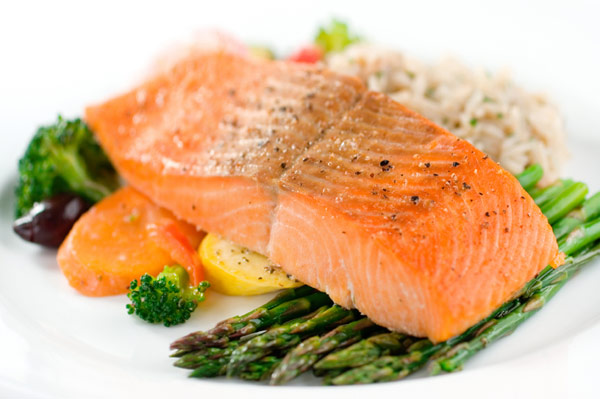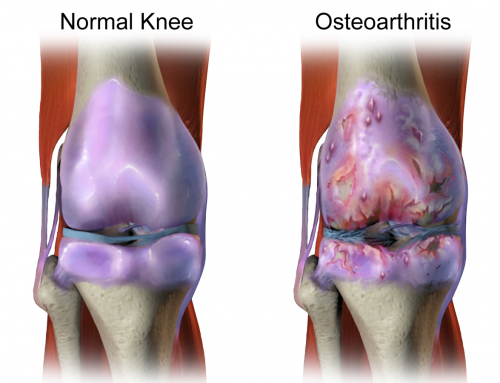Although fish is definitely one of the healthiest forms of lean protein, it is very important to eat wild-caught high quality fish that is free of contaminants.
This is especially true for pregnant women, because eating fish containing even low levels of mercury can increase the risk for attention-deficit/hyperactivity disorder (ADHD) in offspring. Researchers found, in a study of almost 400 children, that the risk for inattention and impulsivity at age 8 was significantly associated with mercury levels in the mother during pregnancy. As the mercury levels increased, so did the risk.
This research does NOT mean that pregnant women should avoid eating all types of fish, because the study also found that children of mothers who consumed at least 2 servings of fish a week during pregnancy (which is currently more than the current recommended amounts from the FDA and EPA) had a decrease in ADHD-related behaviours — especially in impulsivity/hyperactivity.
The point is that mercury is bad, not fish. The problem is eating fish that contain mercury.
Although the researchers did not assess which fish are worst and best to consume while pregnant, they noted in a release that previous studies have shown that shark, fresh tuna, king mackerel, tilefish and swordfish should be avoided by pregnant women. In general, the larger the fish, the longer it stays in the ocean and the more chance it has of becoming contaminated. Smaller fish, such as haddock, salmon, and flounder, are likely to have low levels of mercury.
Fish can be packed with important brain-boosting nutrition, but equally important is to make sure the fish you consume comes from high quality wild-caught sources. Farm-raised fish, given common aquafarming conditions, are often unhealthy. Natural diseases and parasites normally exist in fairly low levels in fish scattered around the oceans, but can run rampant in densely packed aquafarms. Therefore, farm raised fish are doused with antibiotics and vaccinations, and are exposed to more concentrated pesticides than their wild kin.
Source: http://www.medscape.com/viewarticle/772495?src=nl_crb





Leave A Comment